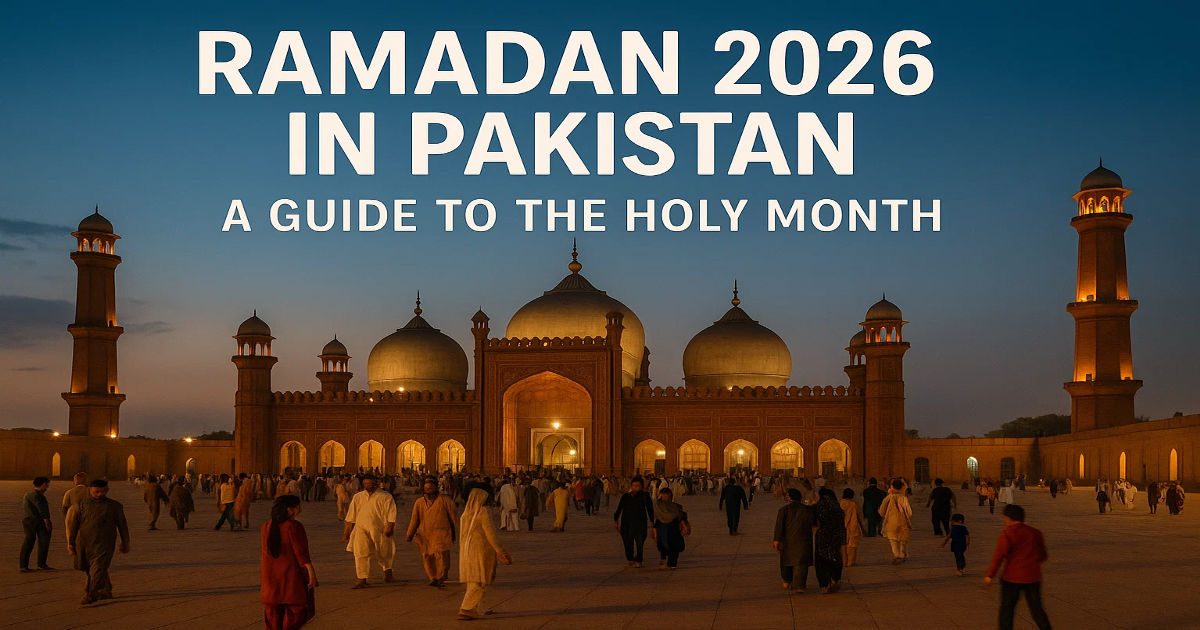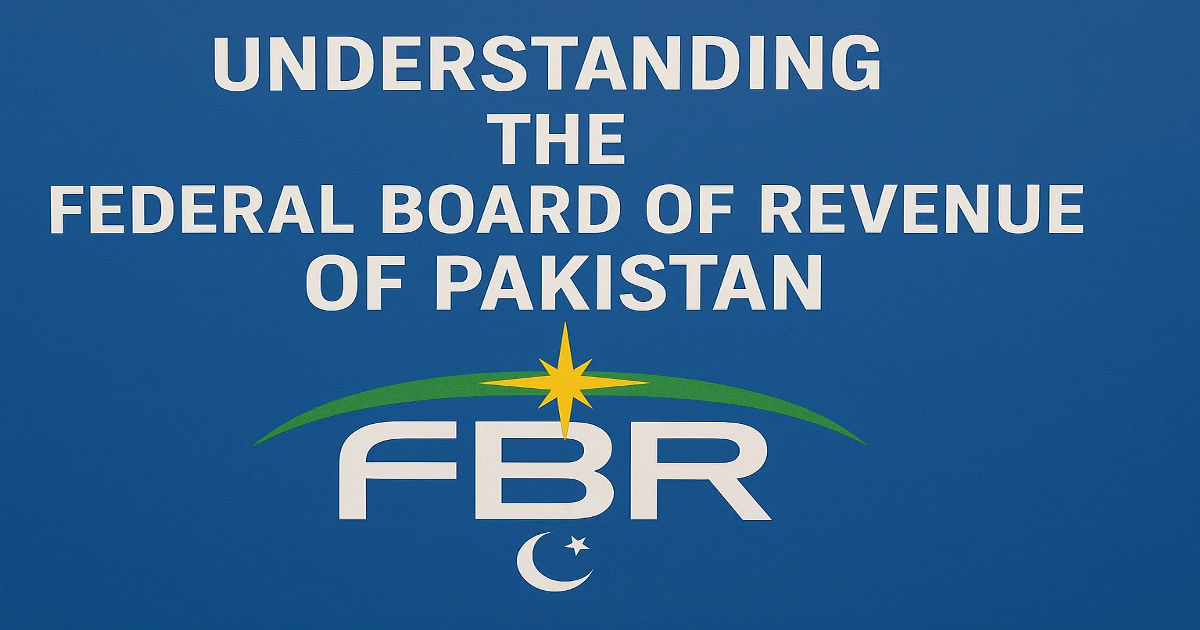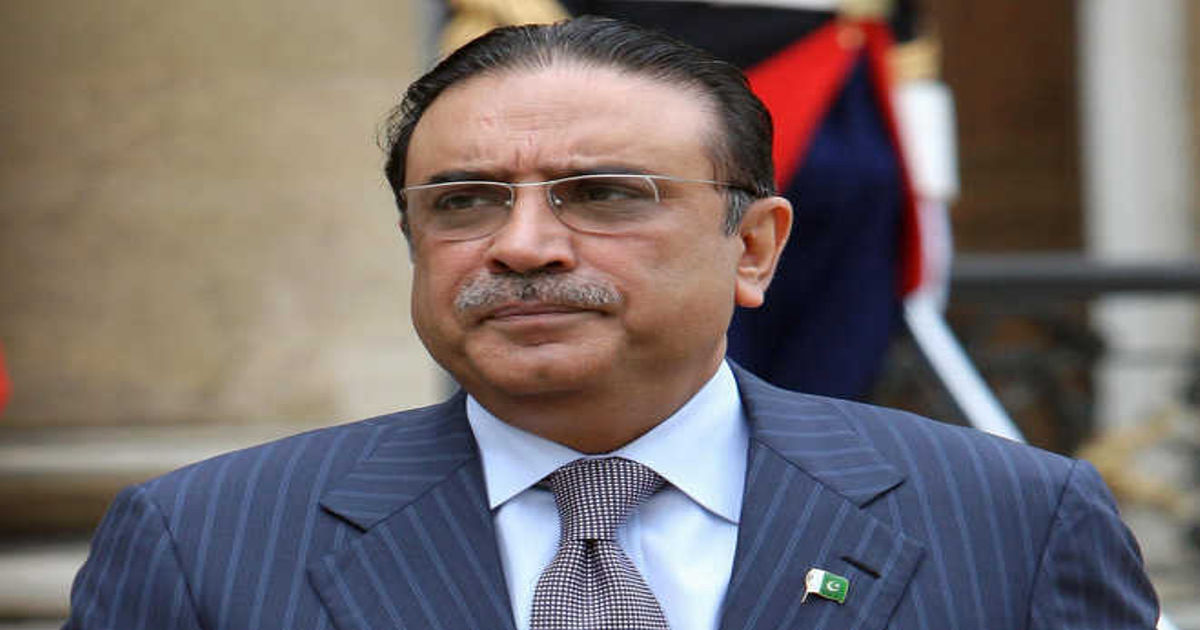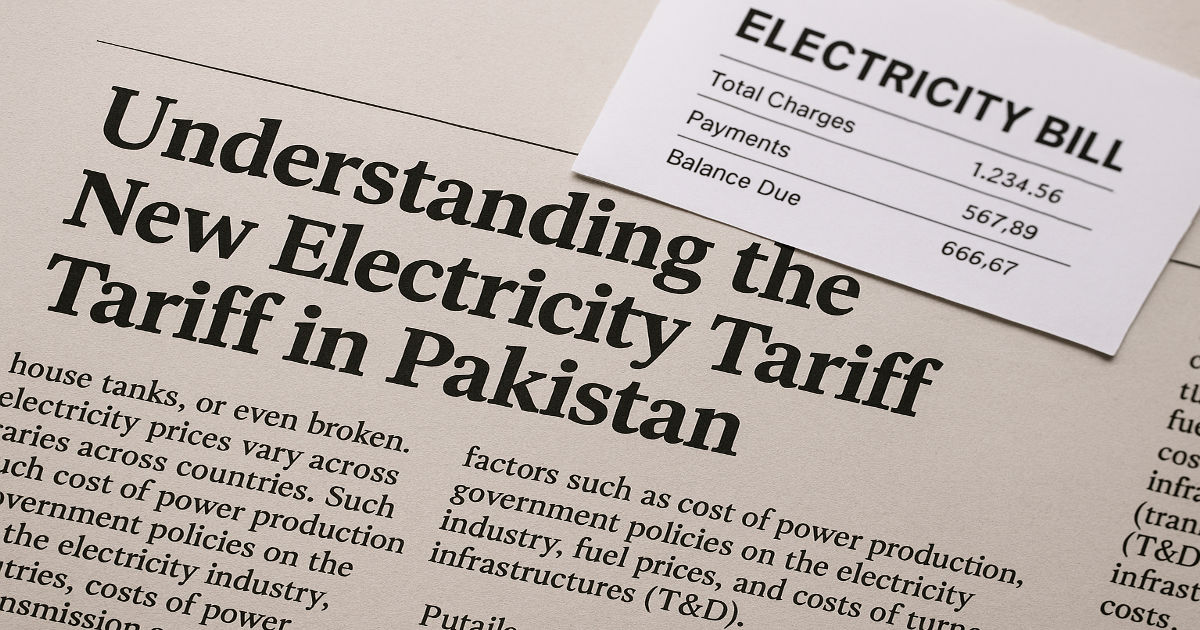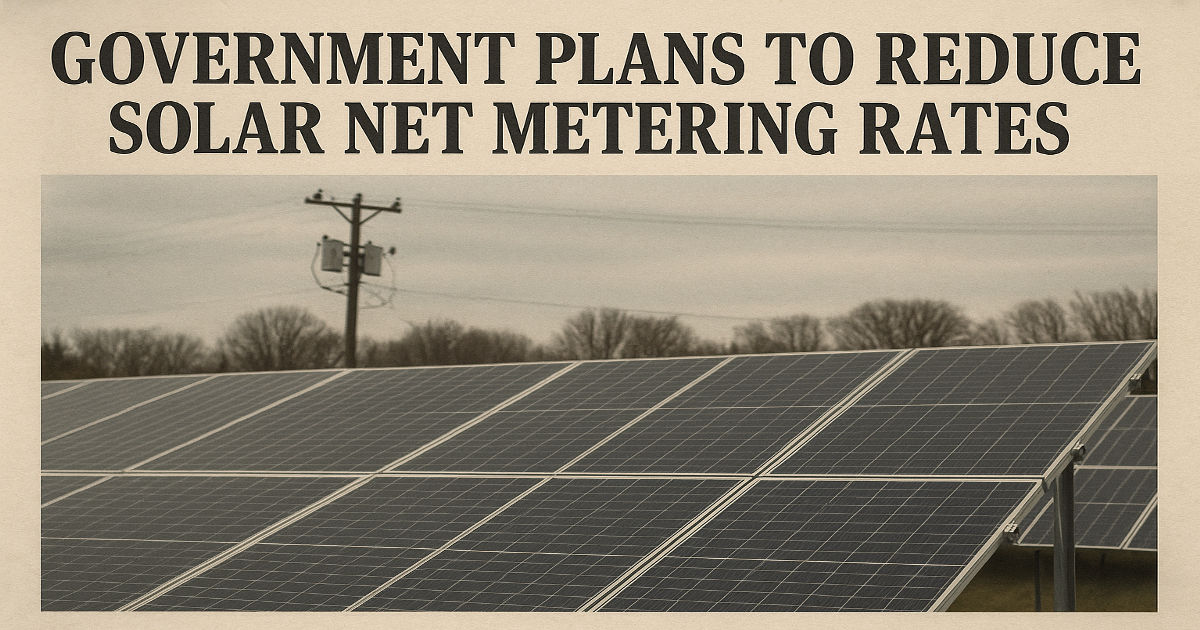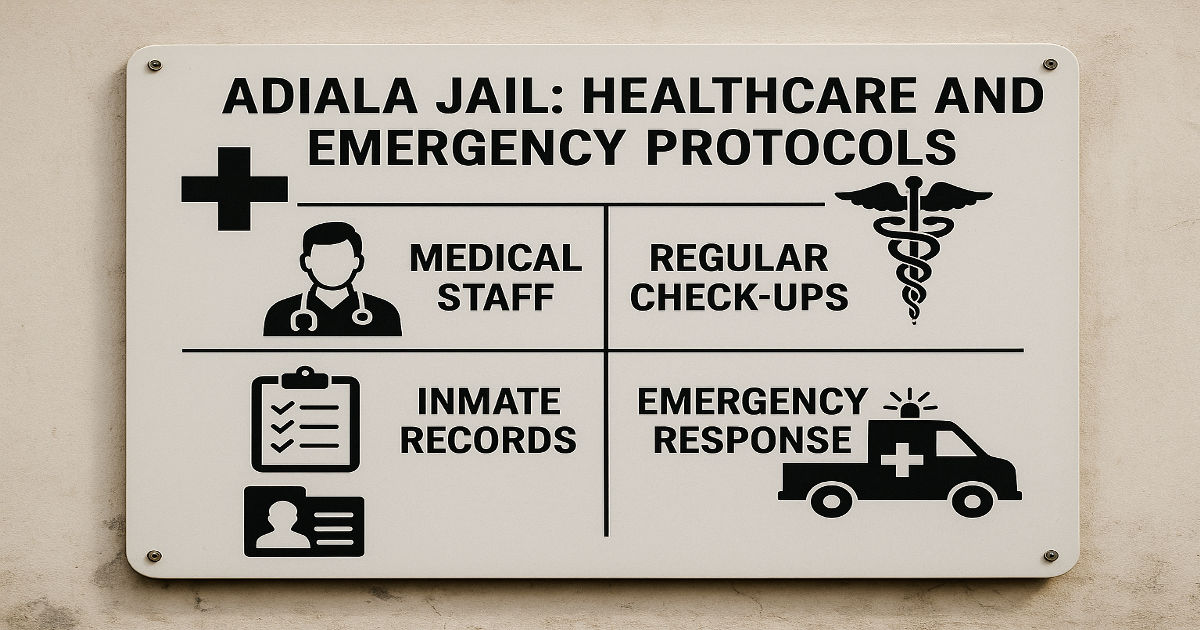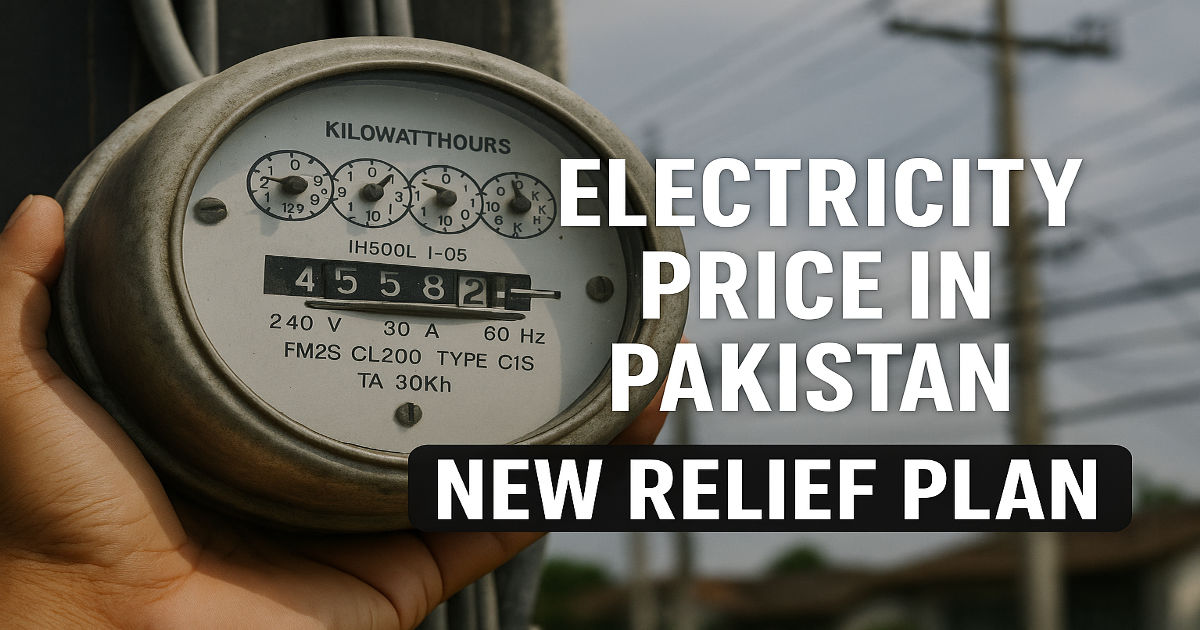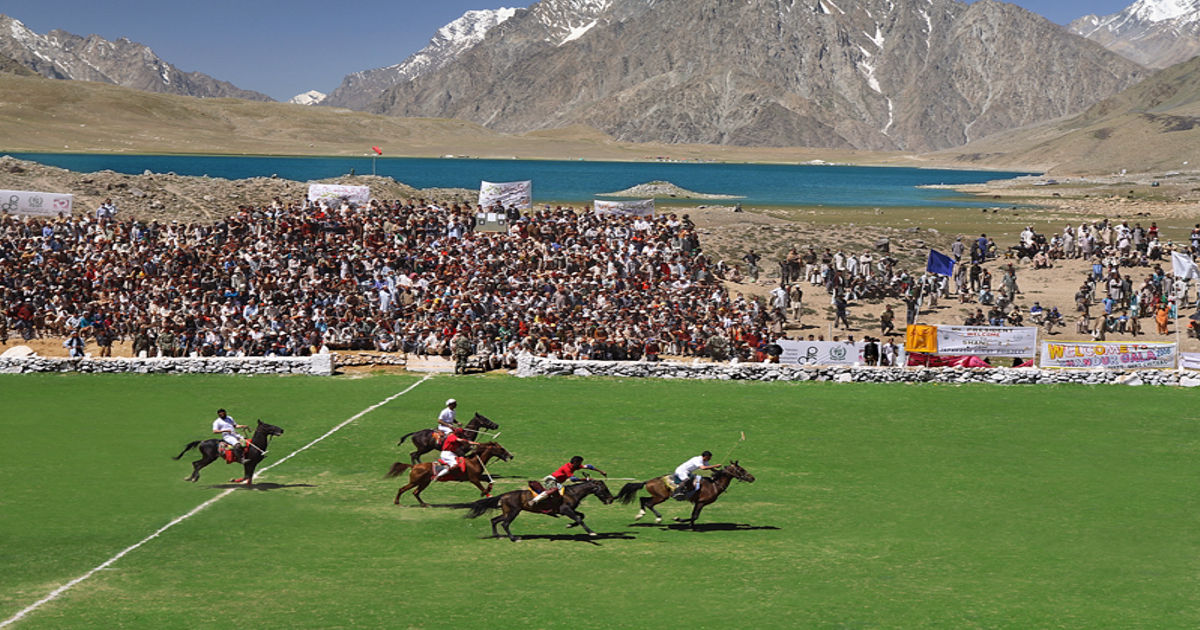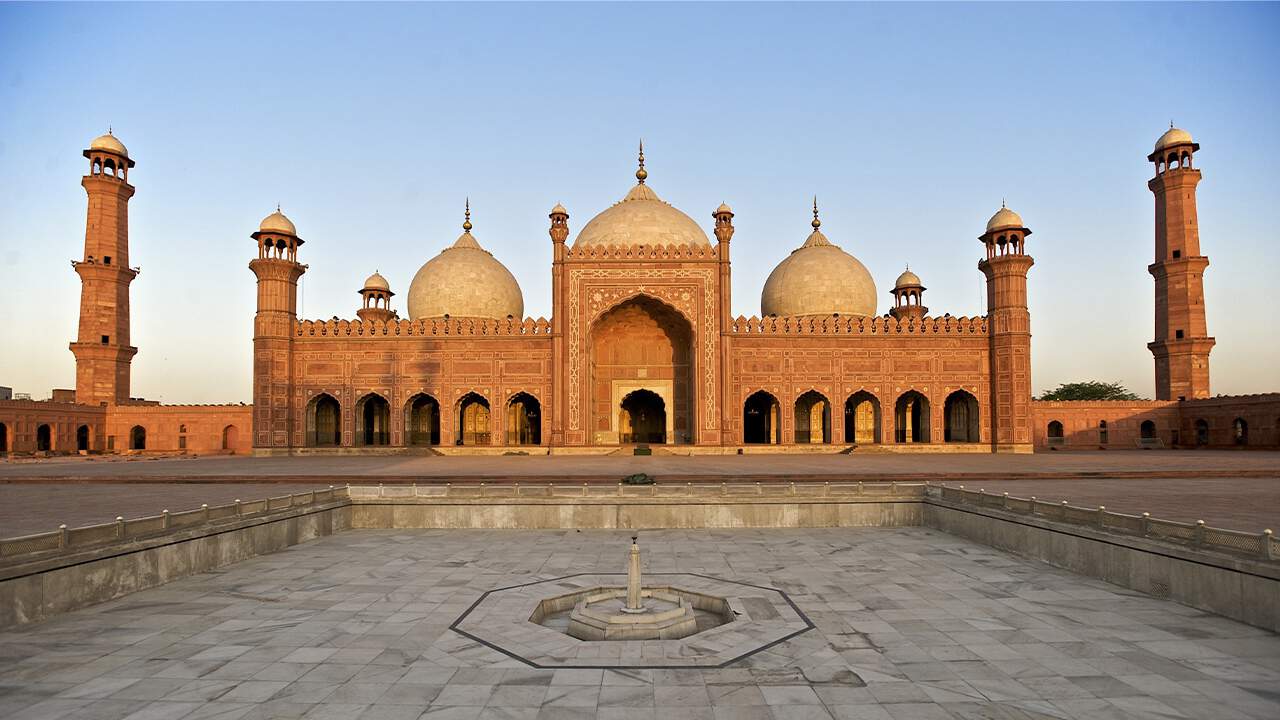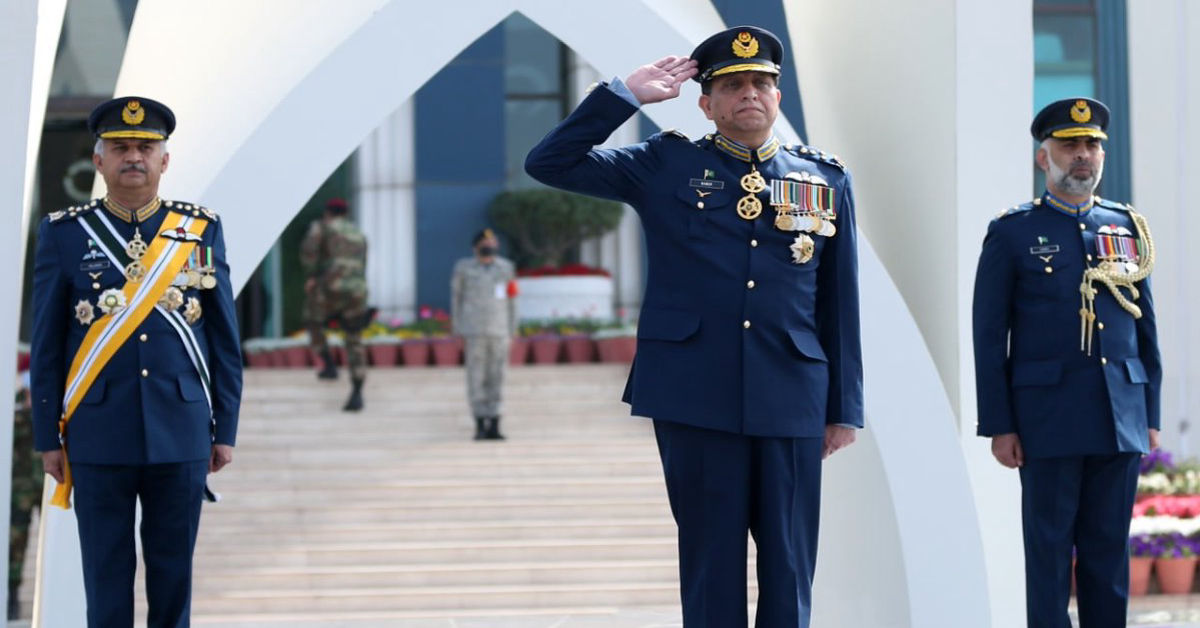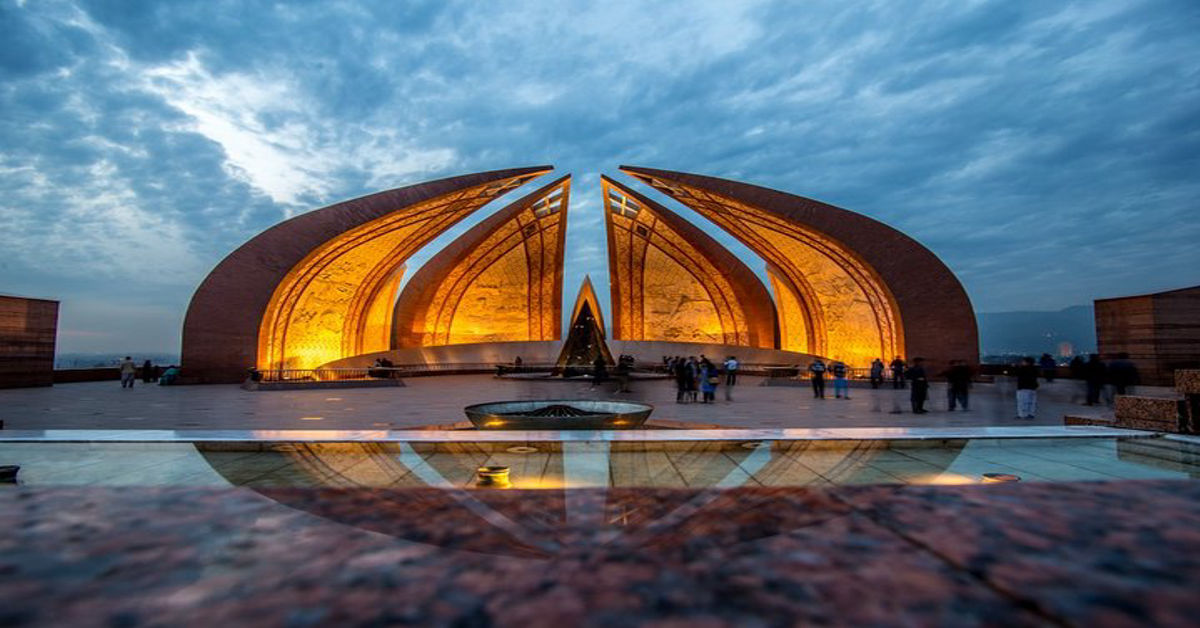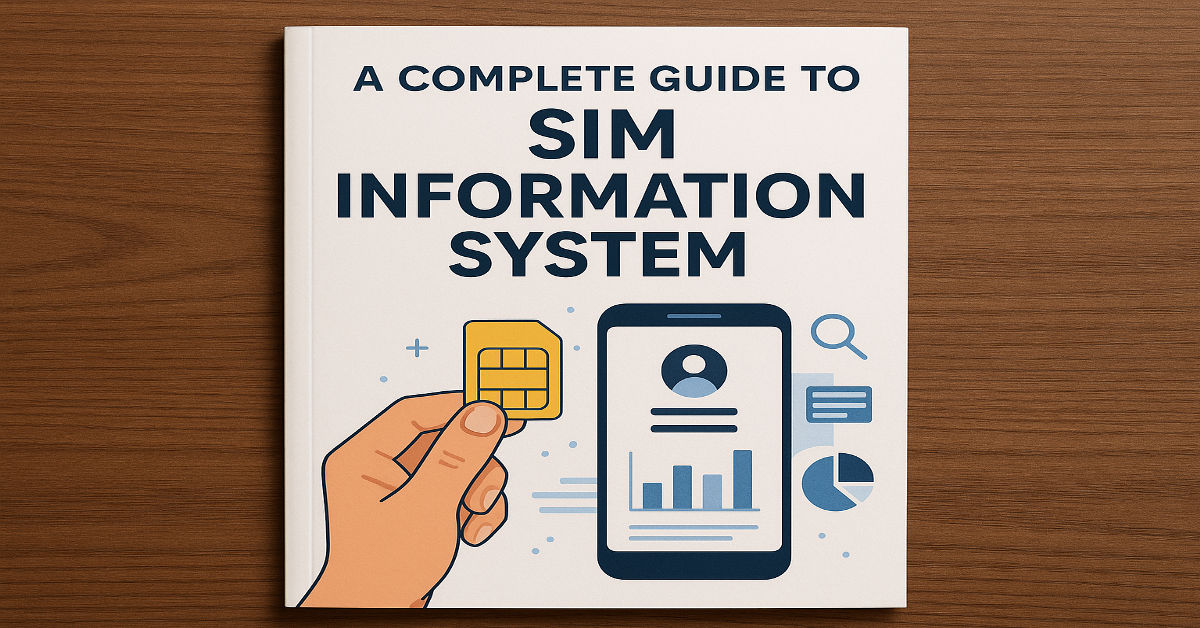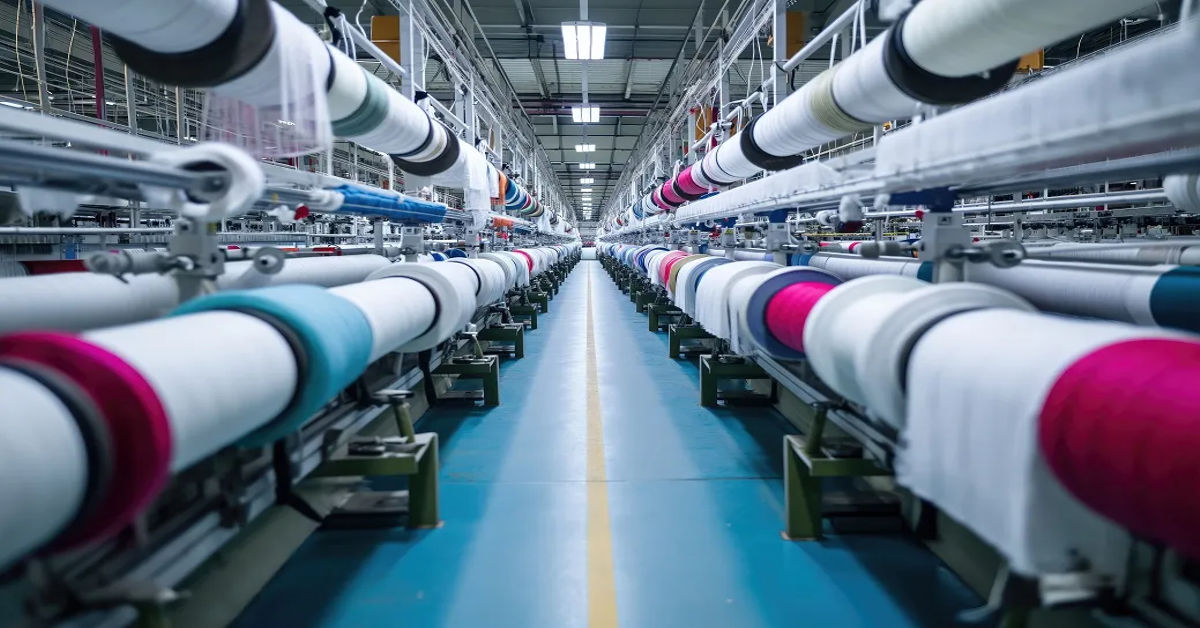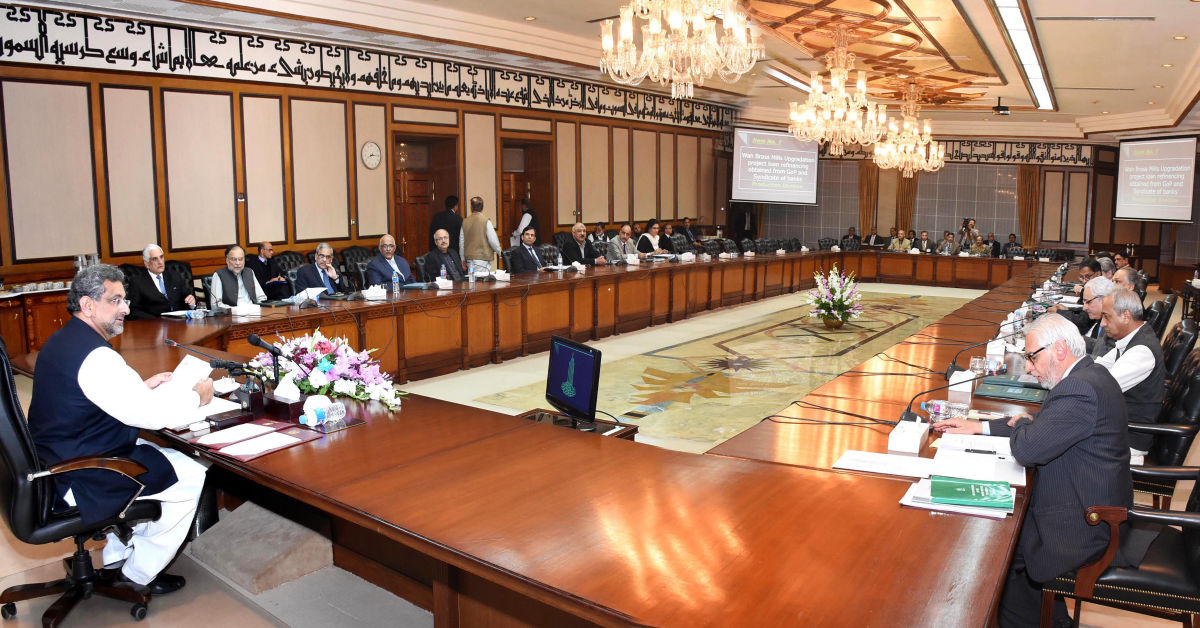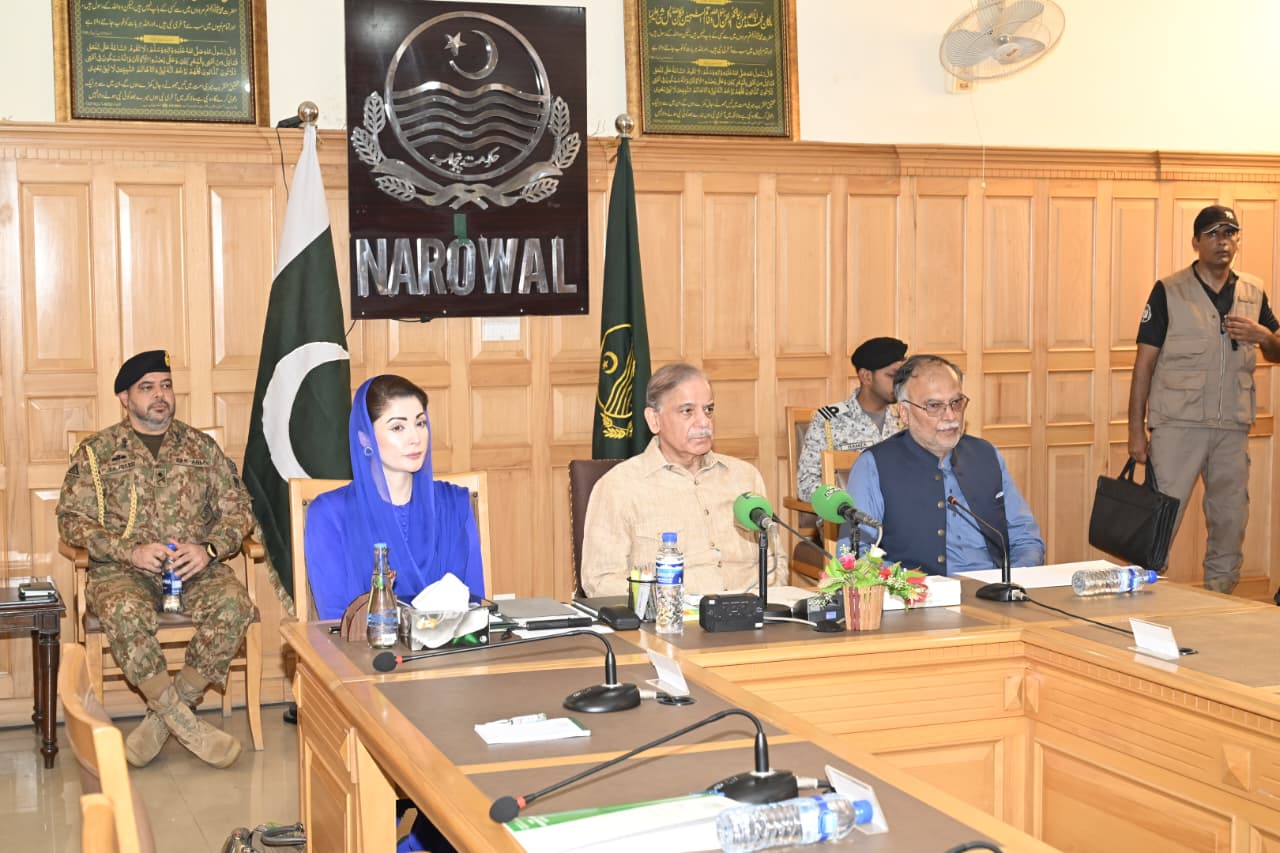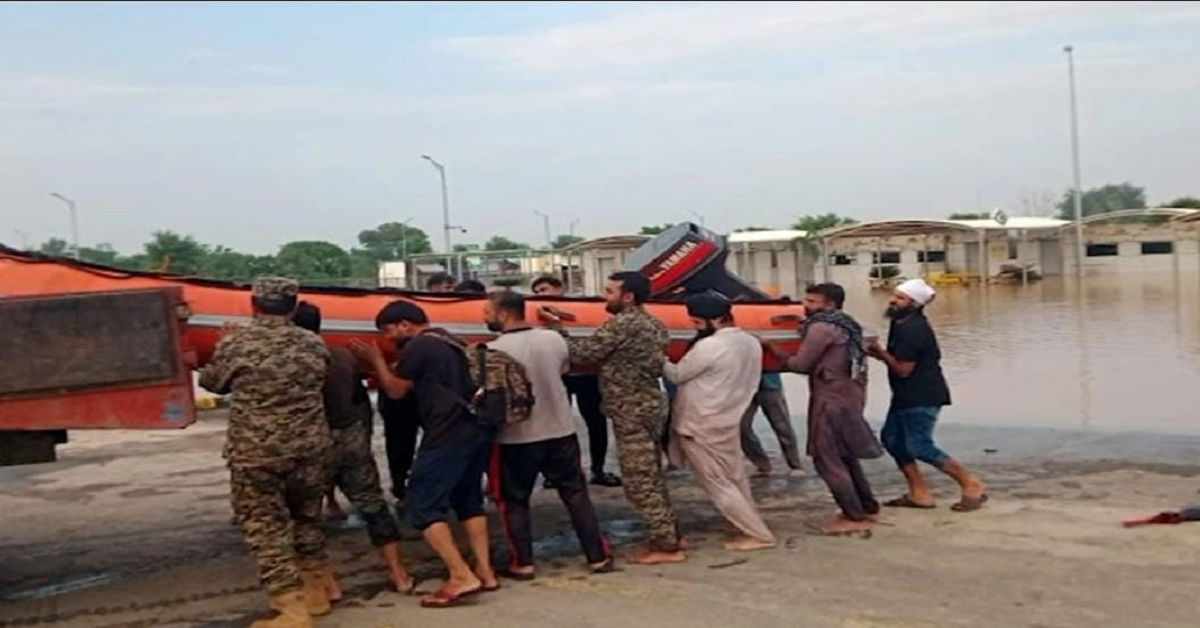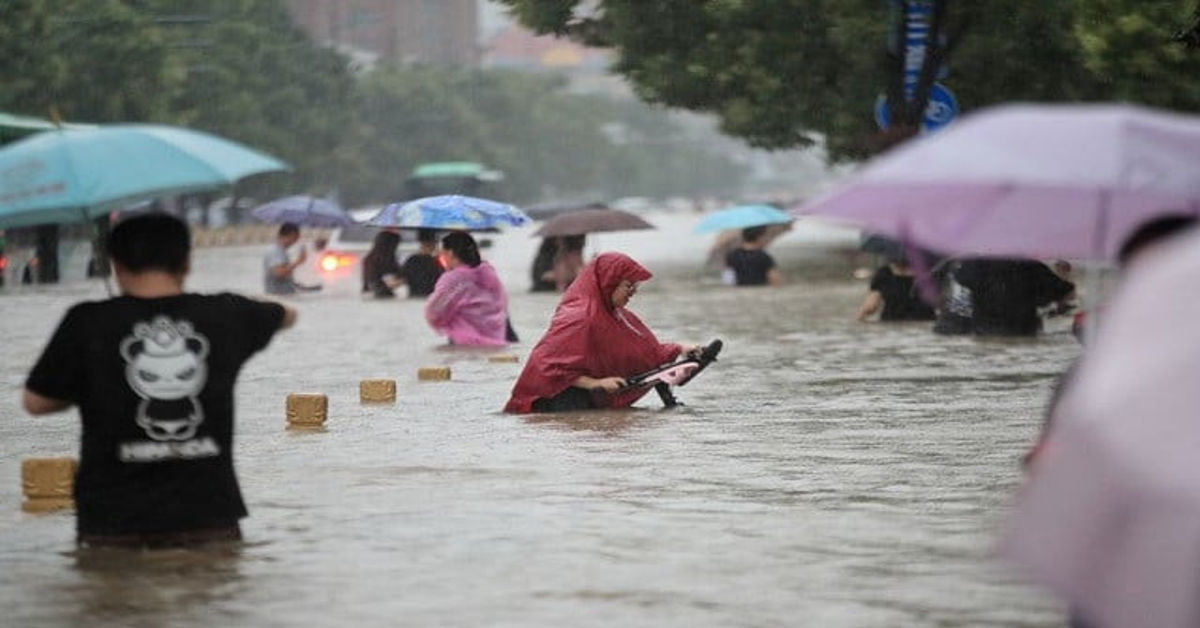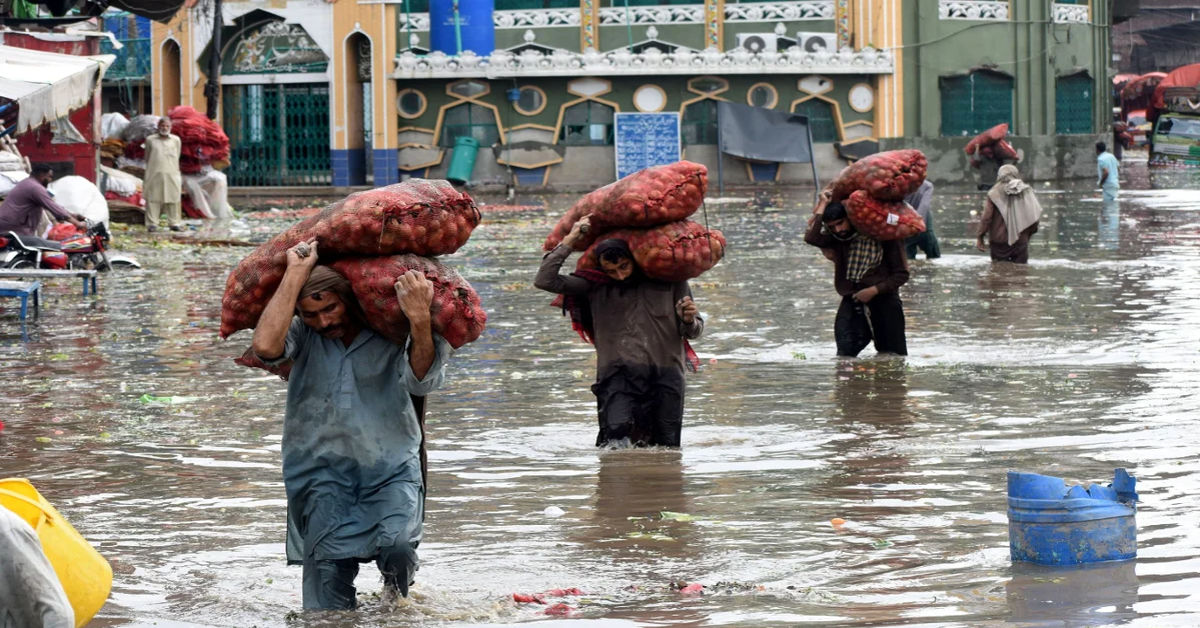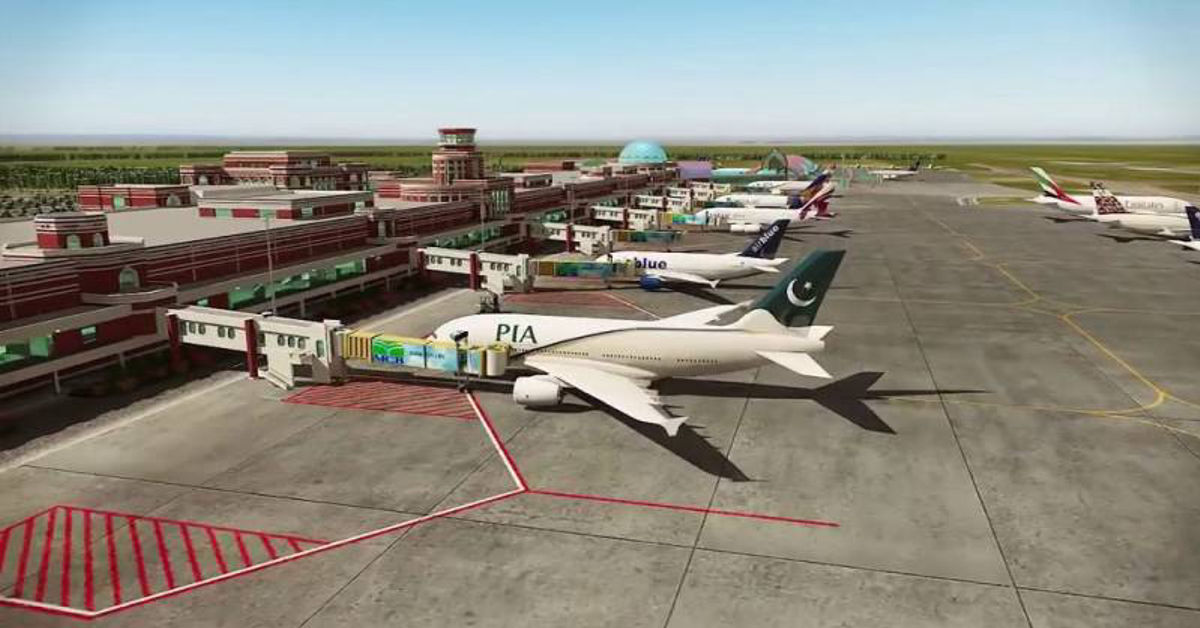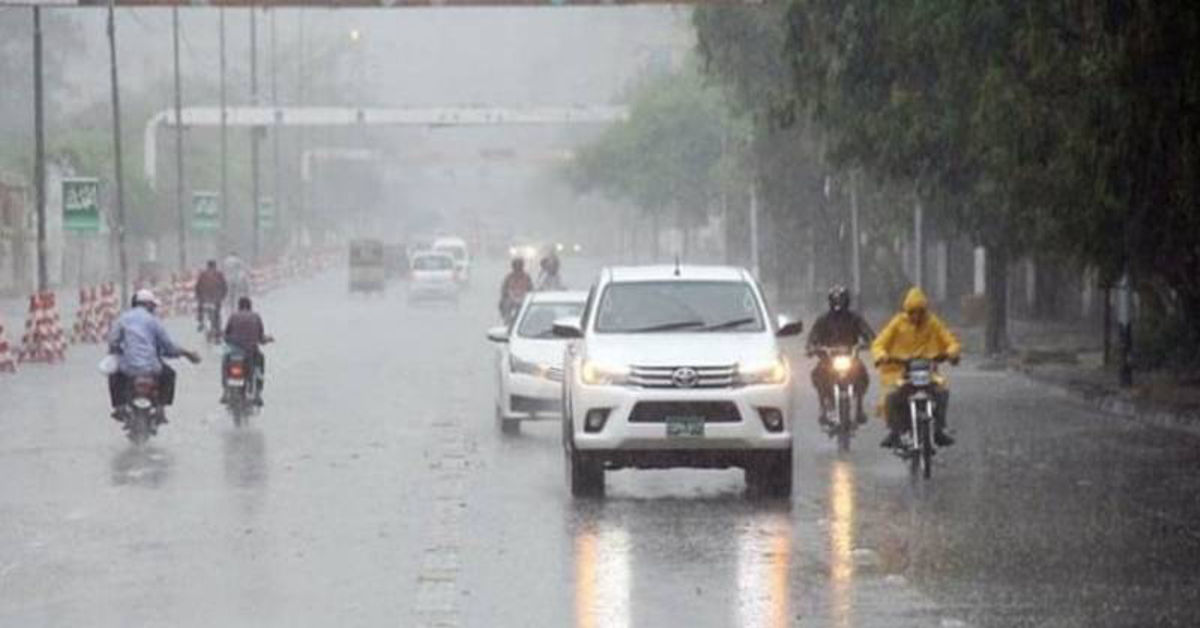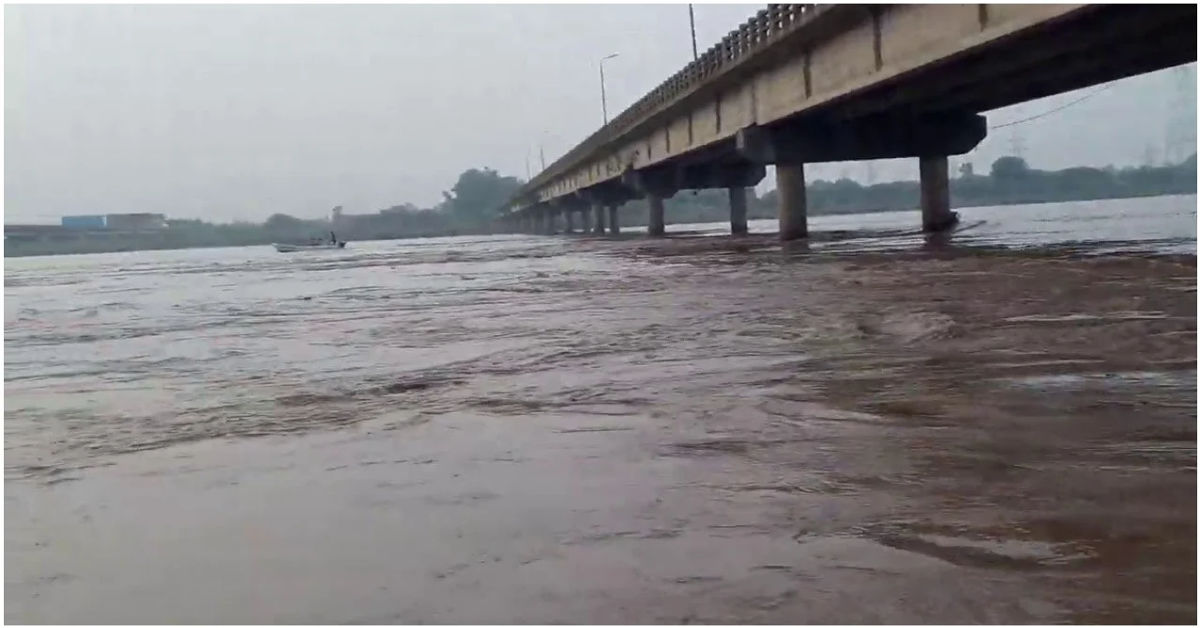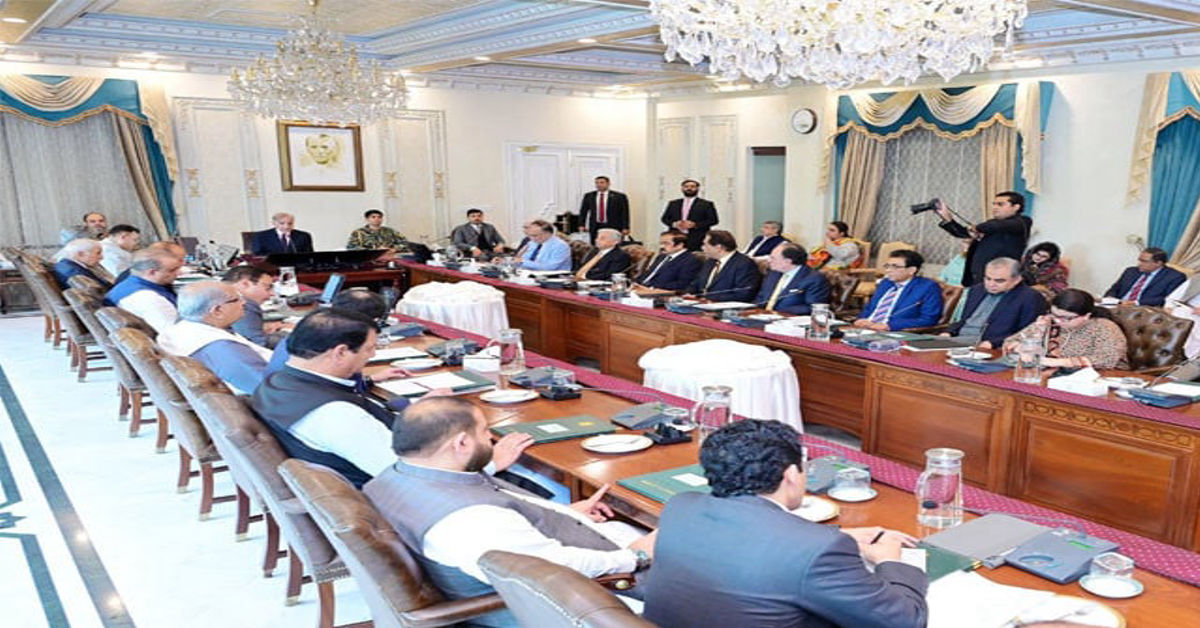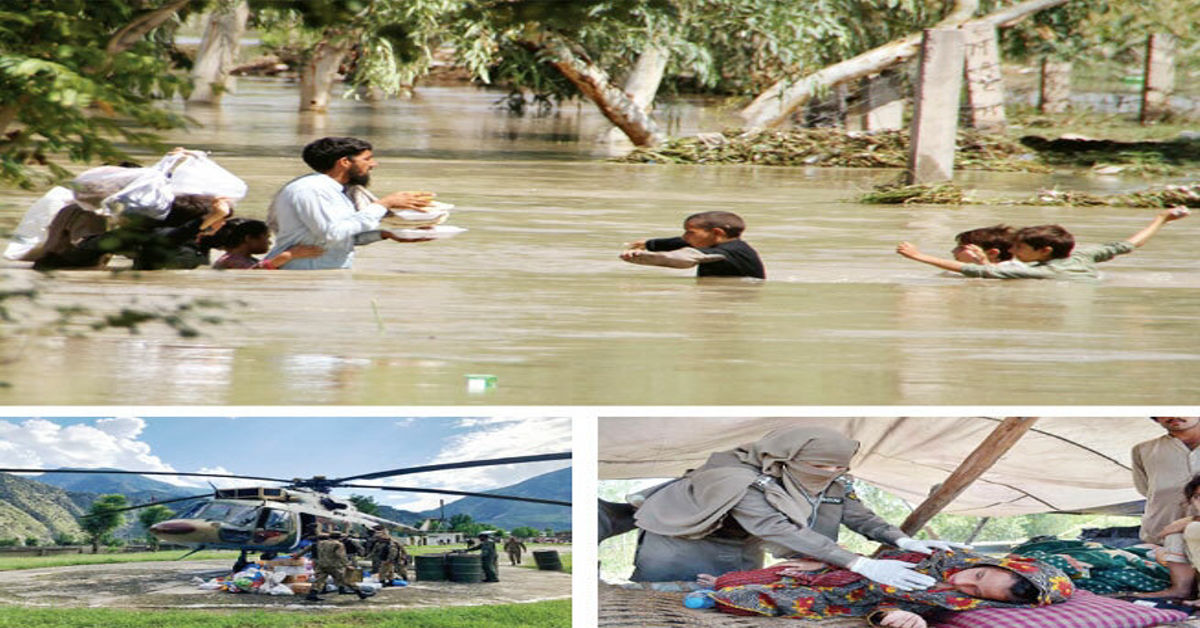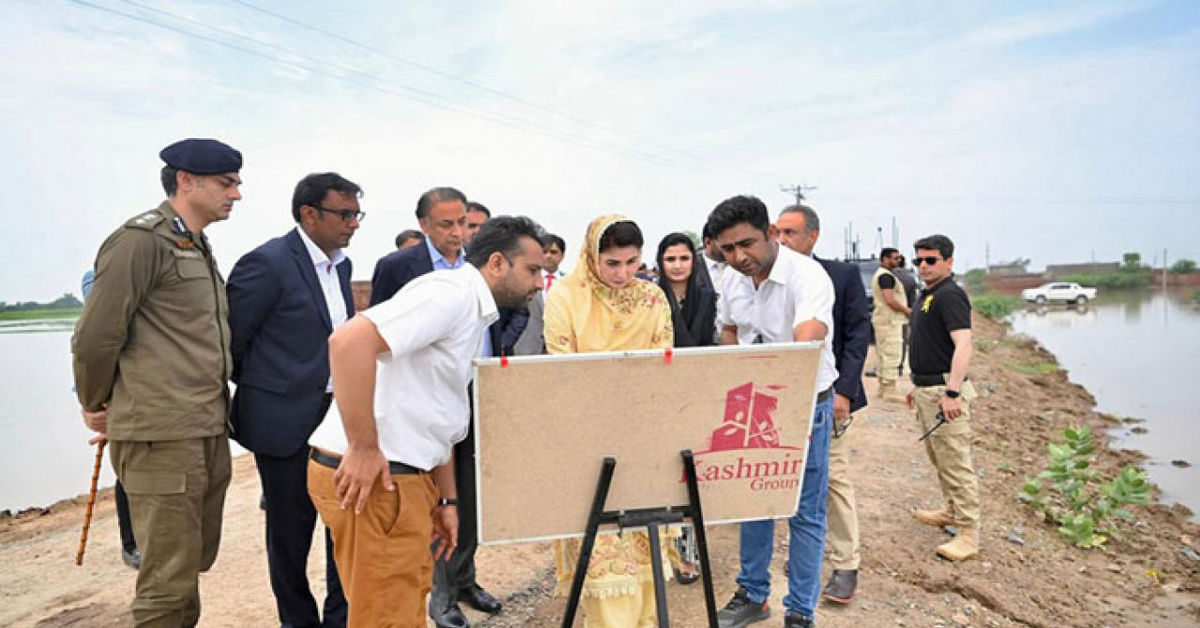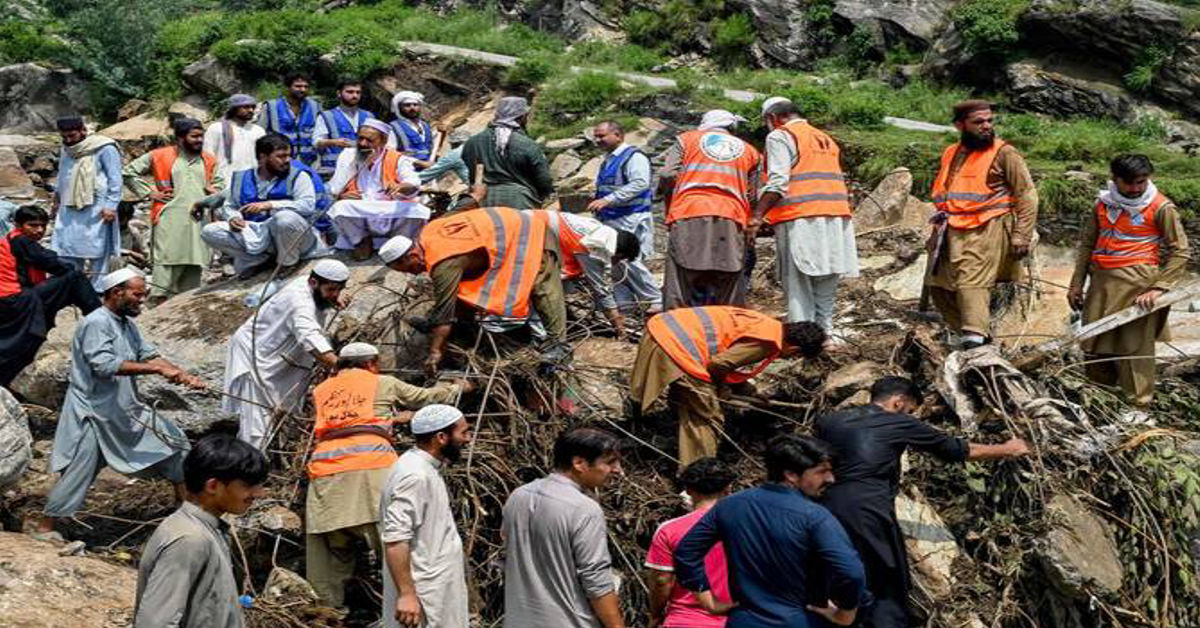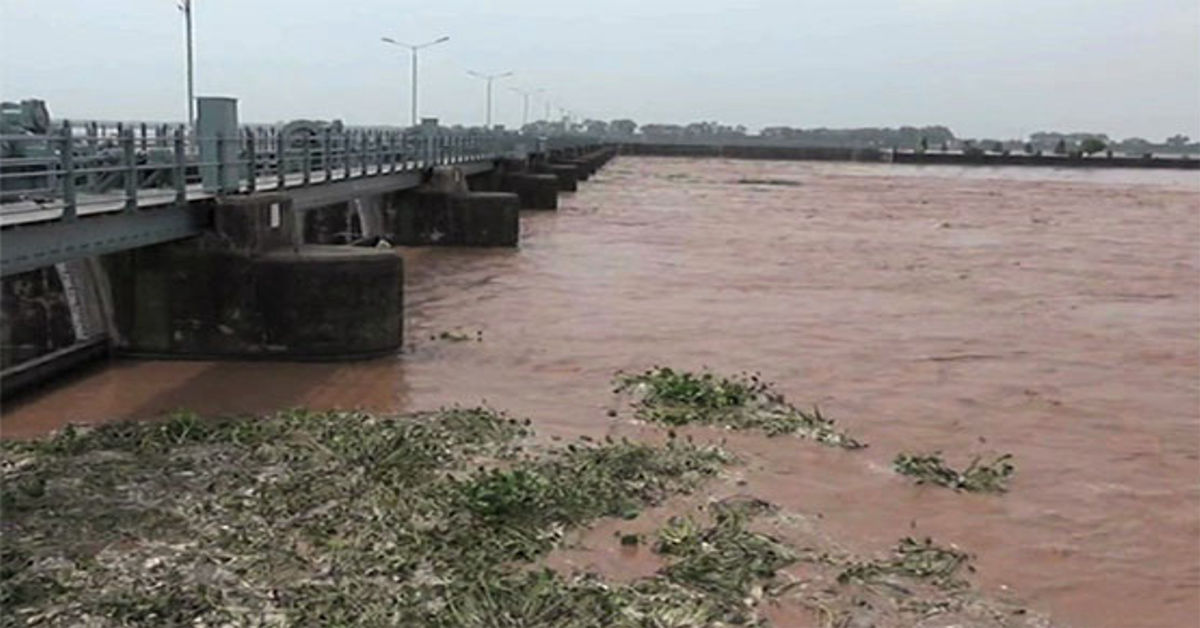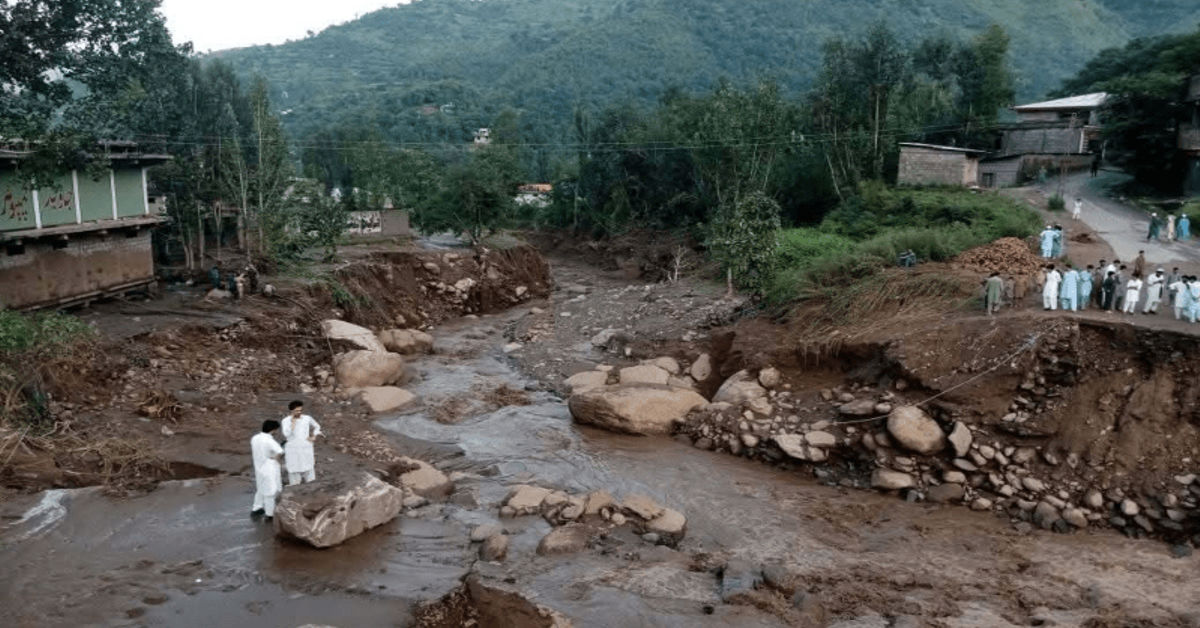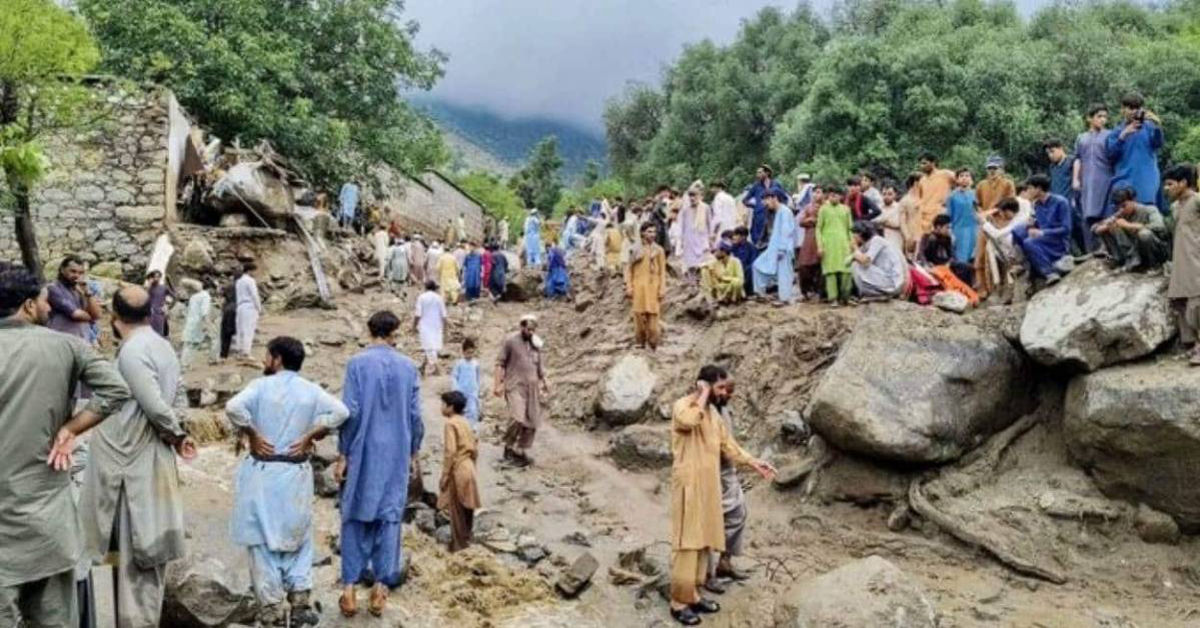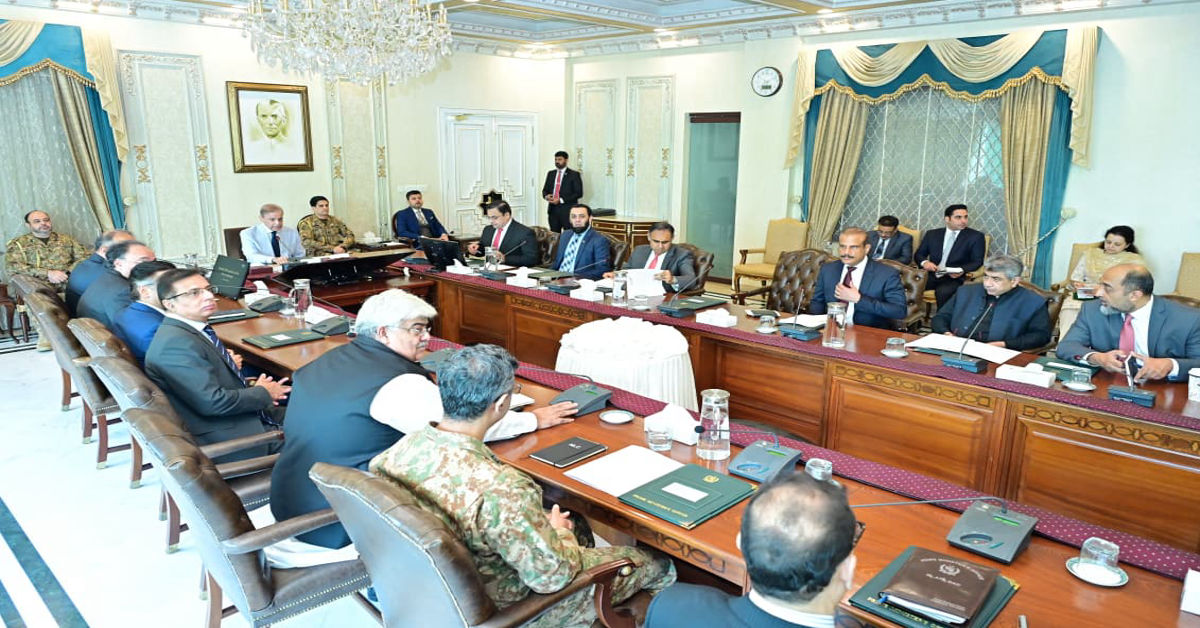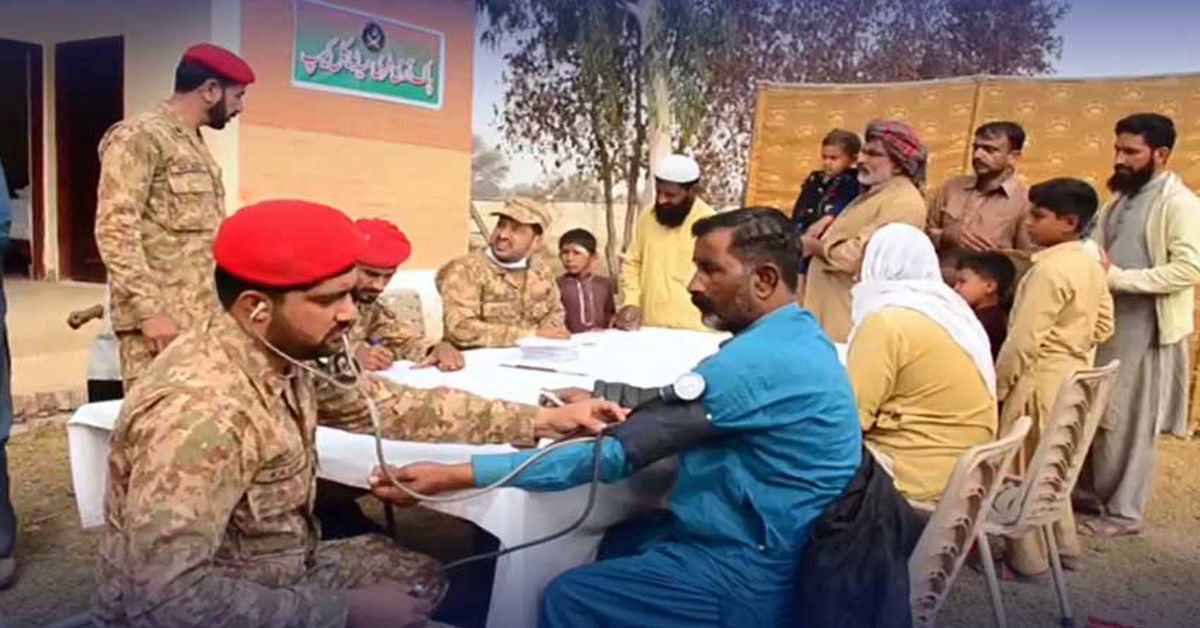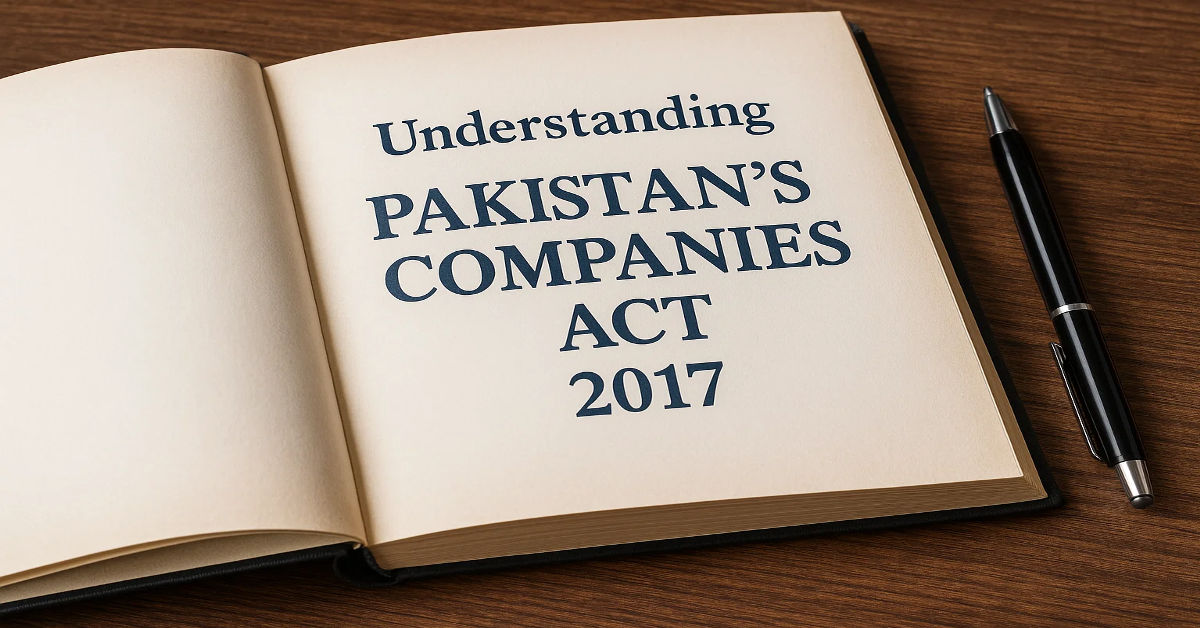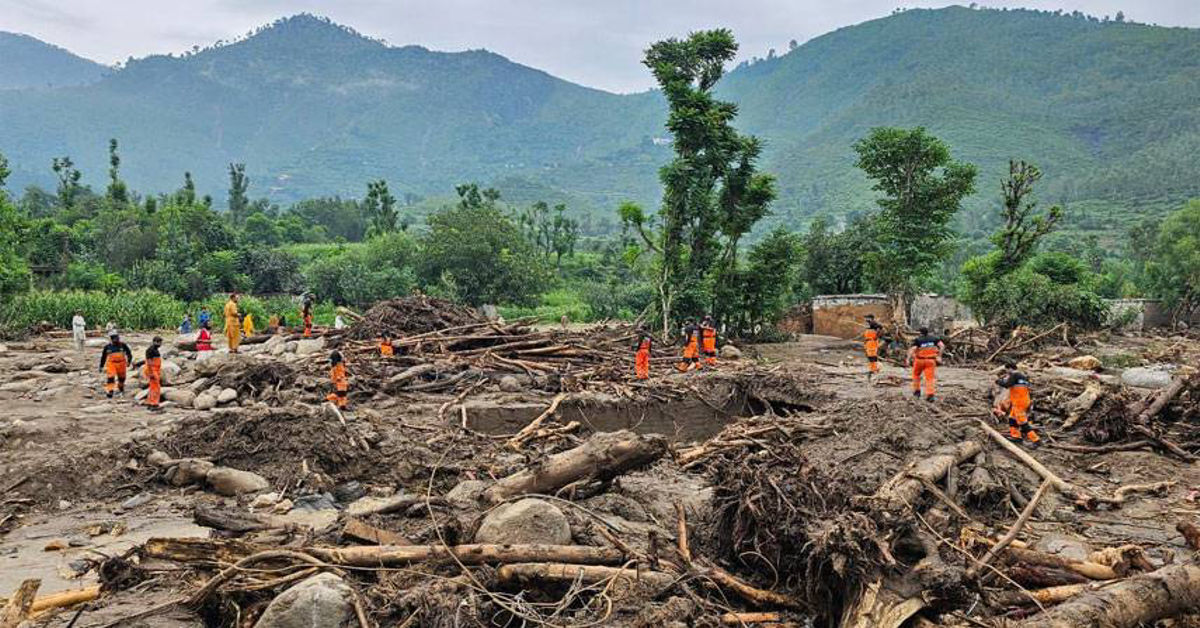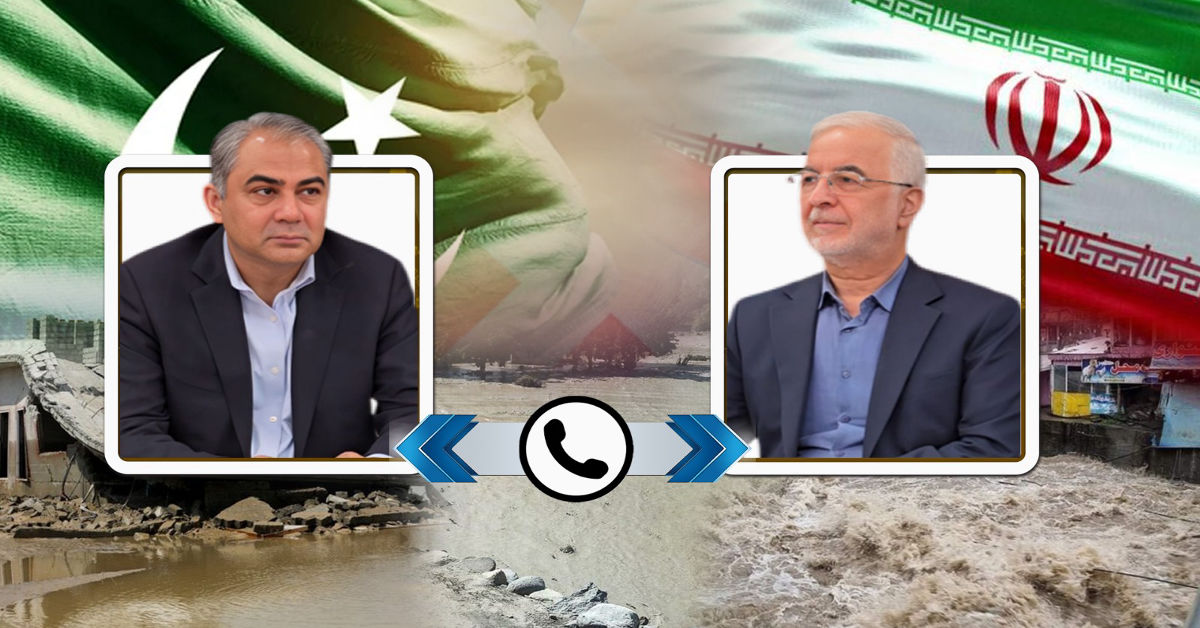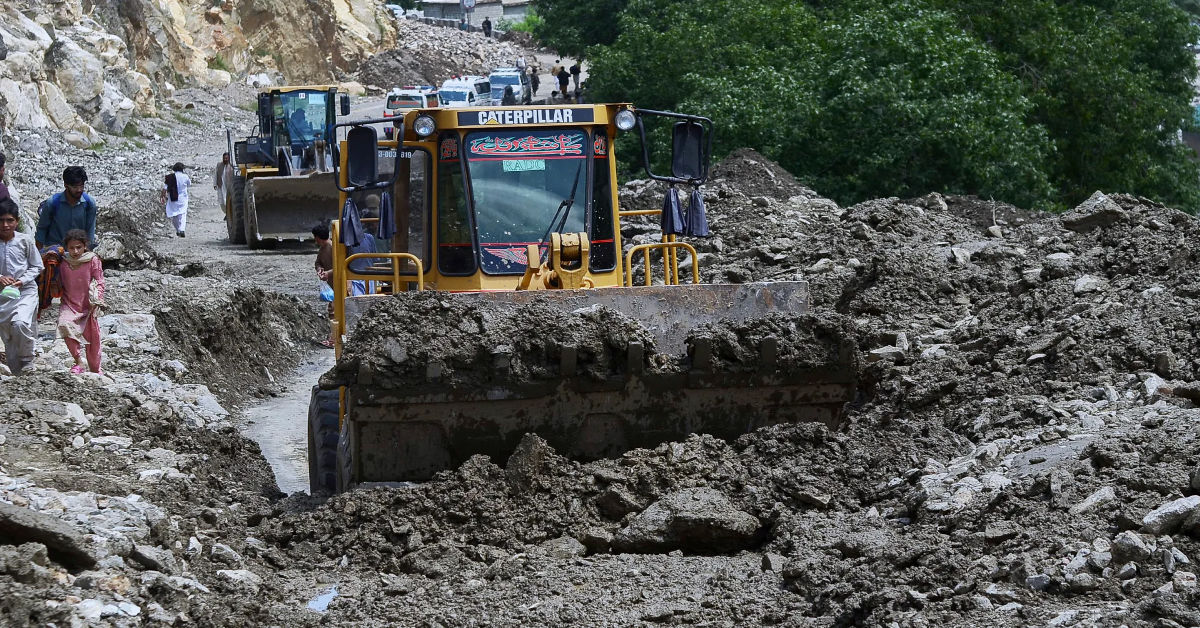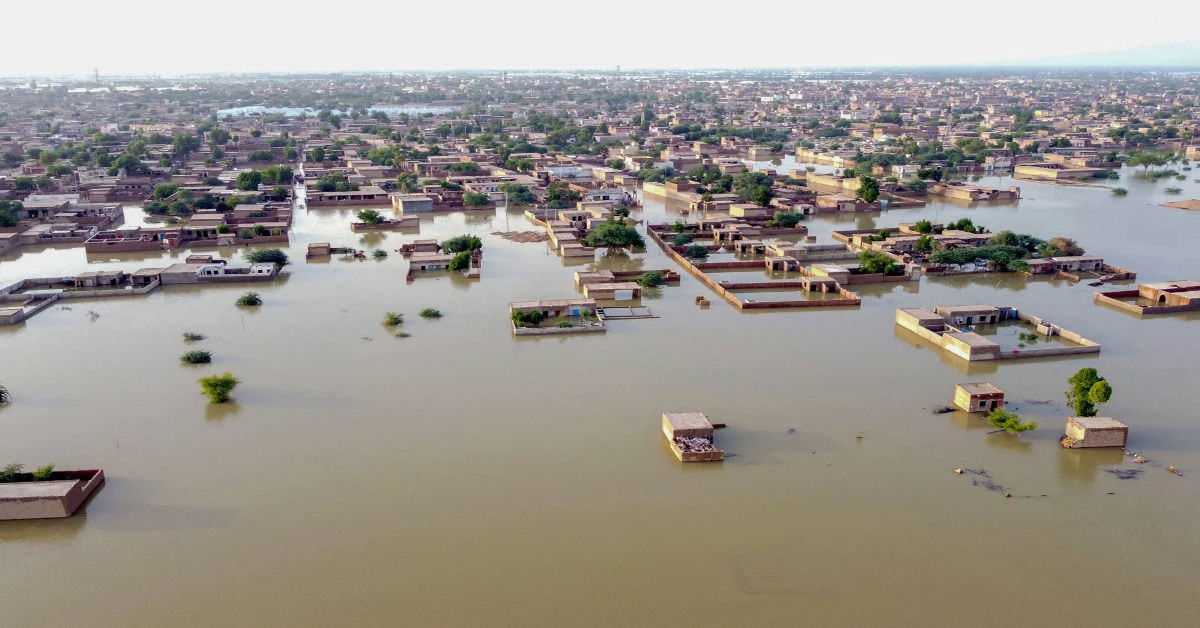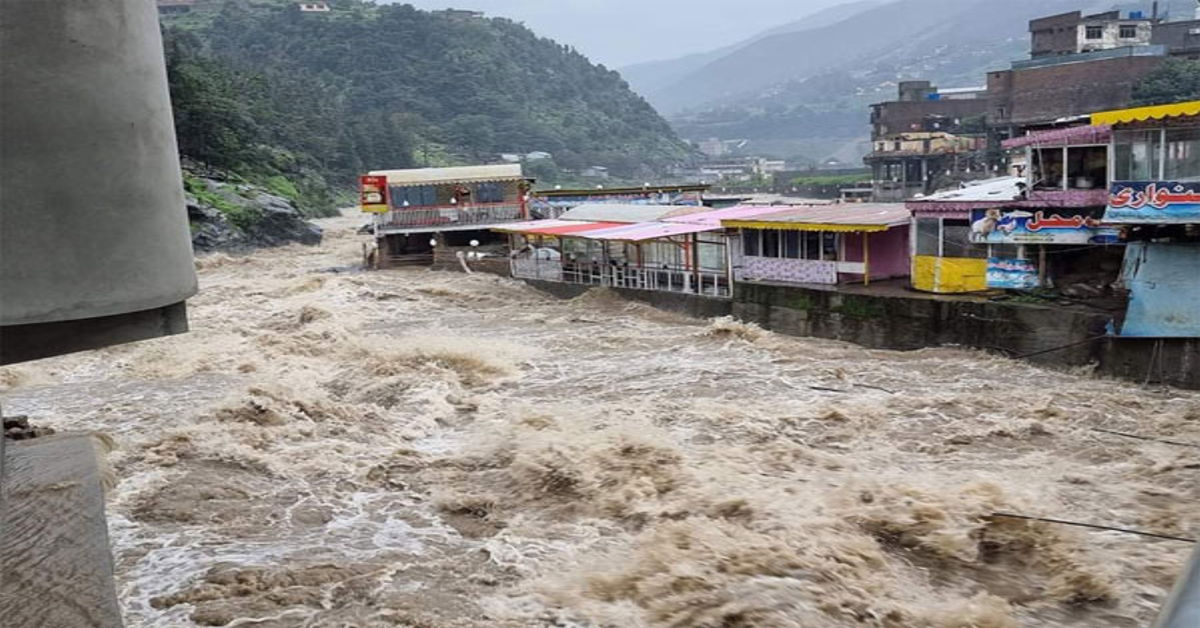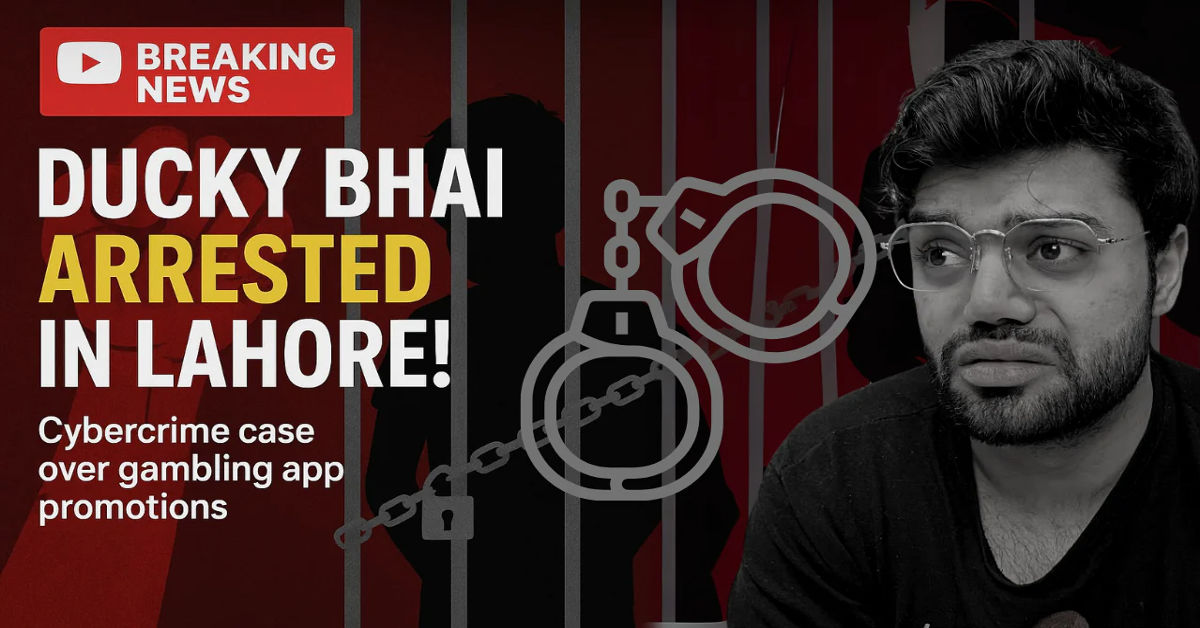
Change is essential for the evolution of society, but some rules remain rooted in the past, hindering innovation and growth. In Pakistan, outdated government policies and obsolete legal frameworks often slow progress across critical sectors. Understanding the scope of outdated policies in Pakistan is key to recognizing the regulatory barriers and challenges faced by citizens and communities. From economic stagnation and lagging education reform to digital transformation and sustainable development, these antiquated measures affect daily life and the nation’s long-term vision.
The Colonial Echo: Laws from a Bygone Era
Much of Pakistan’s legislative foundation is inherited from British colonial governance, leaving a legacy of colonial laws that still shape the criminal justice system today. For example, the Pakistan Penal Code of 1860 and the Police Act of 1861 are central to law enforcement and public administration. However, they lack provisions for new realities, such as cyber threats and digital rights, highlighting the urgent need for law updates and regulatory modernization. Without ongoing legal reform in Pakistan, these outdated frameworks drain efficiency and perpetuate confusion, underscoring the importance of aligning laws with modern realities for sustainable progress.
Economic Hurdles: Bureaucracy and Red Tape
Stifling bureaucracy continues to present regulatory barriers for entrepreneurs, investors, and workers. Outdated policies and cumbersome processes stifle economic reforms and slow the business climate, deterring foreign direct investment (FDI) and hampering SME development. Complex tax regulations and lengthy registration steps are common complaints in the business sector, making expansion and innovation unnecessarily difficult. To optimize FDI incentives and improve growth, Pakistan must focus on streamlining its economic framework and reducing the hurdles that trap talent and capital.
Education System: A Need for Modernization
In today’s knowledge economy, education reform is critical for national prosperity. Unfortunately, Pakistan’s public education system remains tied to outdated curriculum development, with insufficient teacher training and lack of emphasis on vital digital skills. Students often face assessment systems that prioritize rote learning over critical thinking, creativity, and problem-solving, leading to inadequate learning outcomes. A focus on updating curricula and training programs can give students the tools they need for success in a competitive job market and support the nation’s evolving workforce needs.
Social and Civil Rights: Room for Progress
Important strides have yet to be made in the expansion of civil rights and social welfare in Pakistan. Antiquated family law and inheritance frameworks do not always reflect gender equality or adequately protect minority rights. Insufficient social welfare programs further limit upward mobility for marginalized communities. To advance an inclusive society that upholds global human rights standards, comprehensive family law reform and protections for minority groups are essential. These updates will foster greater trust and unity while promoting equality for all.
Agricultural Policies and Food Security
Agriculture is the backbone of Pakistan’s economy, but existing policy inertia limits the sector’s potential for food security, sustainable farming, and rural growth. Outmoded subsidy structures, water management practices, and land tenure systems create inefficiencies and impede agricultural reform. Embracing modern techniques, agri-tech solutions, and sustainable farming strategies is crucial to support smallholder farmers and ensure resilience in the face of climate change. Adopting improved practices would help safeguard food supply chains and boost exports.
The Digital Divide and Technology Governance
Pakistan must catch up with global trends in digital transformation, fintech regulation, and data privacy. The country lags behind due to e-commerce law gaps, weak digital literacy initiatives, and inconsistent support for technology startups. Establishing forward-looking policies in these domains would help foster innovation hubs and support digital inclusion. Addressing the regulatory and legislative shortcomings related to e-commerce, fintech, and digital learning will be instrumental in closing the digital divide.
Environmental Regulations: A Pressing Concern
Weak and outdated environmental policies struggle to keep pace with growing demands for climate policy, pollution control, and environmental protection. Many regulations fail to address pressing issues like water pollution, waste management, and deforestation. Resource management challenges require Pakistan to pursue sustainable development strategies and transition toward a green economy. Updating environmental laws and implementing comprehensive climate action plans will be pivotal in protecting public health and natural resources for the future.
Conclusion
Achieving real progress requires acknowledging and transforming the outdated policies in Pakistan that inhibit growth and well-being. Committing to legal reform, regulatory modernization, and focused policy innovation will pave the way for strong economic reforms and enduring national resilience. From curriculum development and agricultural reform to robust digital transformation and environmental protection. Each step toward modernization strengthens Pakistan’s position globally and improves quality of life for all citizens.
Frequently Asked Questions (FAQs)
Q1: What are some major outdated laws still affecting daily life in Pakistan?
Many British-era statutes, like the Pakistan Penal Code and Police Act, still dictate much of the legal system. Their colonial roots make legal reform in Pakistan and law updates all the more necessary.
Q2: How do outdated economic regulations impact small businesses?
Legacy policies create regulatory barriers, complicating business climate and hindering SME development and FDI incentives. This ultimately restricts entrepreneurship and economic opportunity.
Q3: Why does Pakistan face challenges updating its policies?
Policy changes require regulatory modernization, political will, and engagement from civil society. Old frameworks persist due to bureaucratic inertia and resistance to economic and educational reform.
Q4: Are there current initiatives aimed at reforming outdated policies?
Efforts include digital transformation of government services, updating education reform and curriculum development, and enacting new environmental protection plans. However, comprehensive and persistent reform is still needed.
Q5: How can citizens contribute to policy reform?
By advocating for civil rights, digital literacy, and sustainable development, and participating in public consultations on law updates, citizens help drive meaningful and lasting change.

